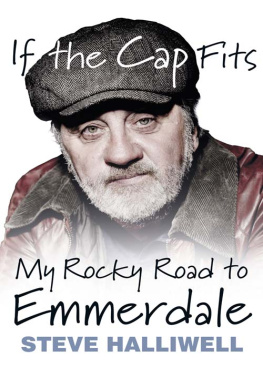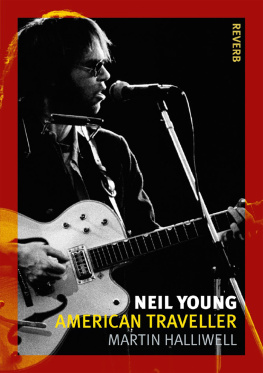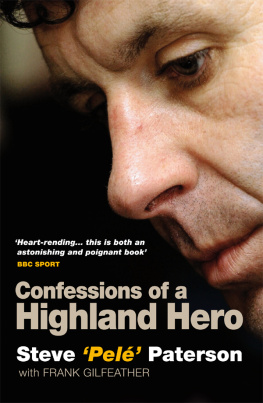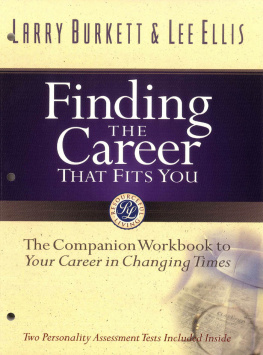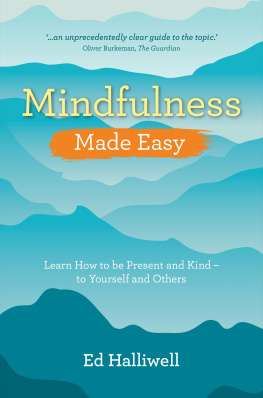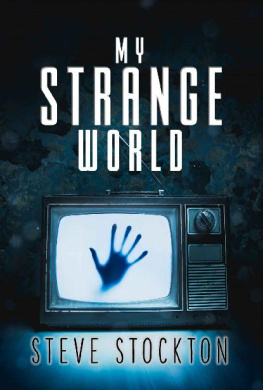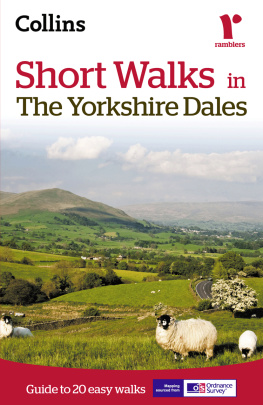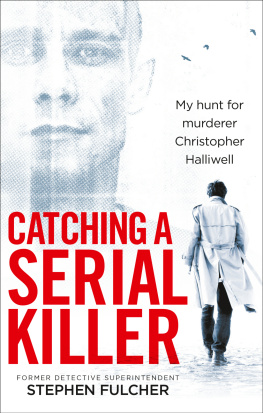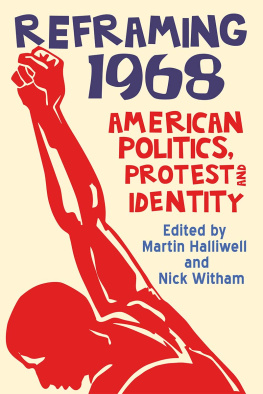For Valerie
To the women I have lived with and loved: Jenny, my mother; Susan, my first wife; Valerie, my second wife; Charlotte, my daughter; Lisa, my ex-girlfriend; Valerie a second time.
Contents
To all those whom I may have hurt or harmed in my life, I humbly ask for forgiveness. To all those who have hurt or harmed me, I forgive unreservedly. I do not in any way want to glamorise excessive drinking in this book. Where heavy drinking features, it is simply because it is integral to my story, so has to be told if I am to be honest. Heavy drinking has actually caused more harm than good in my life. Part of the sequence of events might be mixed up due to memory failure.
Many thanks to Sandra Kocinski. The sixties black-and-white photographs are by George Broadbent.
Special thanks to Sean Frain, the Bury-born writer, for his help, advice and guidance in producing this book. His works include: The Bury Book of Days, Bury Murders, Cumbrian True Crimes: Murder & Mystery in the Lakes, The Lake District: A Visitors Miscellany and many more.
1
Make it thy business to know thyself, which is the most difficult lesson in the world.
Miguel de Cevantes
I was 18 years old. It was 1964 and I found myself staring hard at my reflection in the Trafalgar Square Wash and Brush-Up, feeling free at last. I had absolutely no idea where I was going, or what I would do with my life, nor had I any idea of how I was going to survive. But this situation felt strangely natural: I was doing the right thing. I certainly felt better about myself than when I was standing at the end of a factory production line, living the life of an automaton.
Often alone, I would walk the streets looking for money or food, but I found London to be fiercely hostile to the penniless. Hours passed as I walked my usually unfruitful walk, but still I held on to the feeling that walking those streets for eight hours was far better than standing at the end of a mind-numbing production line for eight hours. It had almost driven me mad. Perhaps it had driven me completely mad and that is why I found myself alone, hungry and skint virtually living the life of a tramp.
During the dark nights, I sometimes climbed over the fences of private gardens in exclusive squares surrounded by Georgian houses and I would sleep in the bushes, knowing that I could only be disturbed by someone taking their dog for an early-morning walk, before work. I never was disturbed, despite this being a regular part of my routine. During those walks I would sometimes glance through restaurant windows with hunger knots in my stomach, wondering if I would ever be able to eat in such fine places. It wasnt out of envy that I would look into those comfortable, affluent scenes, for never would I want to be on the other side peering out at someone like myself, with such a disdainful expression on my face. I was hungry, thats all. Fish and chips or a cheese sandwich would have served me just as well as fine dining. I wanted to eat, and, more importantly, to know what I was going to do with the rest of my life. I wanted to know what I, Steve Halliwell, would become.
My mother told me that I was conceived at Billy Butlins holiday camp at Filey, Yorkshire, but I was born on 19 March 1946 at 40 Lord Street, a red-brick terraced house built for mill workers at Heap Bridge, on the edge of the town of Bury in Lancashire. The village consisted of a few streets and factories, two churches, two public houses (both now closed), a working mens club, one school, four shops, a stretch of river and a railway line, which were surrounded by fields and hill pastures at the foot of the bleak Pennines.
Some of my earliest memories are of going to the local shop for mother, carrying a ration book, which continued to be issued for several years after the Second World War had ended. I would often deliberately set off in the wrong direction just to hear Mum shouting, Fergusons, not Yatess. I didnt see a great deal of Fred Halliwell, my father, as he spent twelve long hours a day working in a nearby mill the Transparent Paper Mill which gave employment to many folk in the area. This man, who sat in the chair reading his newspaper, smoking and mutely demanding silence from my brother and I, was a mysterious figure to me.
My brother, Clive, is two years my senior and we both have many memories of those times, yet when we meet up we hardly ever talk about our childhood. Christmas, bonfire night, whit walks, and the occasional and welcome holiday in a wooden chalet at Gronant in North Wales were undoubtedly the highlights of my childhood, but I suppose the long summer holidays wandering the fields and countryside surrounding our village were the happiest and most memorable times. Looking back on those whit walks I can remember the gathering afterwards at Hamiltons farm field where we had egg and spoon races, three-legged races and many other peculiarly eccentric games.
We rented our house, which was a small two-up, two-down with no bathroom and an outside toilet, known as a privy. The coal fire was the focal point of our evenings and the family would sit around it, sometimes in silence, sometimes listening to the radio Al Read, The Billy Cotton Band Show, Archie Andrews and Forces Favourites. TV then was still only a dream. My mind would drift freely during the silent intervals as I conjured up boyhood fantasies from the caves and crevices of red and yellow coals glowing in the hearth, the lights from the flames flickering and dancing across the walls around our tiny living room.
I suppose, materially, ours was an average working-class household common to those times. We had basic food, basic clothing, basic affection, but, for some reason, very little fun together. My mother suffered from polio as a child, which had left her lame in one leg. She was the eldest daughter of Harold Moss, an ex-coal miner who had become very well known in the world of northern brass bands. When still a young man he was known as King of the Trombone and by the time I was born he was a bandmaster for Leyland Motors. Several times he adjudicated at the annual National Brass Band Contest at the Royal Albert Hall. He composed and arranged many pieces and was also a teacher of music.
My mother, Mary Jane, was known to all as Jenny and she often played our piano. Debussys wonderful Clair de Lune was my favourite, and still, whenever I hear it, Im taken back in an instant to when I first heard it at my mothers side. As young boys, my brother and I, alongside the other kids we knocked about with, would spend hours throwing stones into the stinking mounds of chemical foam which meandered along the river. When I was a child I thought all fish came from the sea; I didnt realise our river should have been full of life. It had died due to all the factory waste that had been tipped in there over the years. Despite all of these things, we kids never questioned the quality of life we had in those days. Children, it seems to me, accept their lot much more easily than do adults. Michael Hopkins was a prime example of this.
He lived across the street with his father and he had difficulty speaking. We sometimes played in his house; games like hide and seek. His father wasnt too house-proud, however, as the bucket used to save nightly trips to the outside toilet wasnt emptied on a regular basis. In fact, it was often so full that it was close to overflowing. His father was more in the pub than at home with his son and I felt sorry for the lad.
The Brooks family also lived across the street and amongst them were Billy, Edwin, Lena and Roy. They often had no heating and Lena and Roy, both around the same age as me, would sit around the open gas oven in an attempt to keep warm. I didnt join in, but some of the other kids laughed at Roys birthday party, simply because his mum could only afford to put on chips, with jelly for dessert. Jelly and chips was the taunt of several children for days after that party.
Next page
